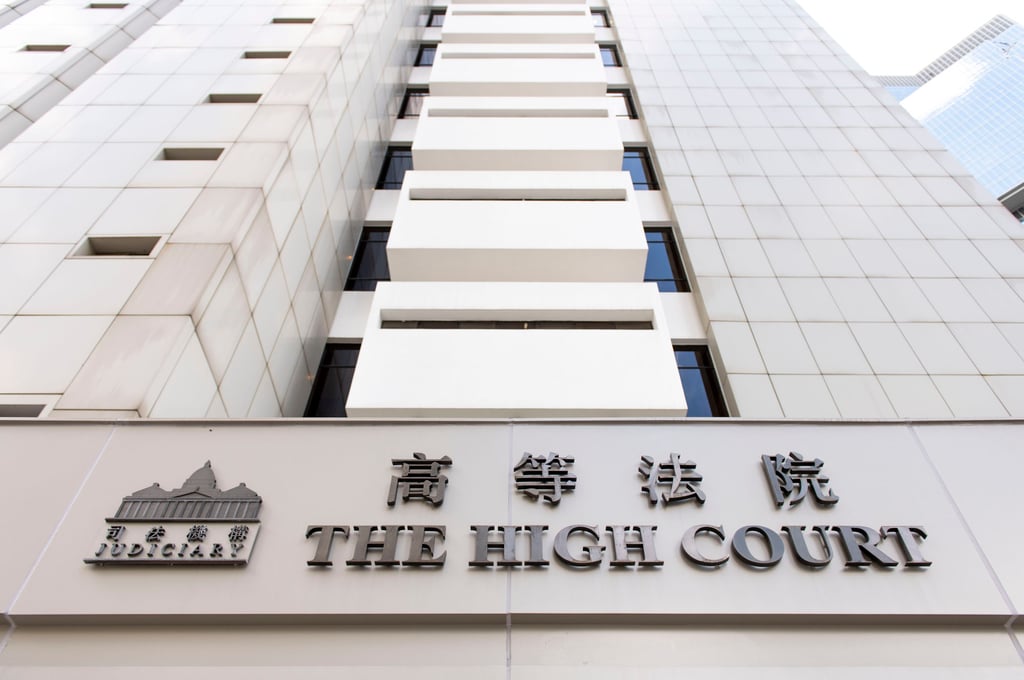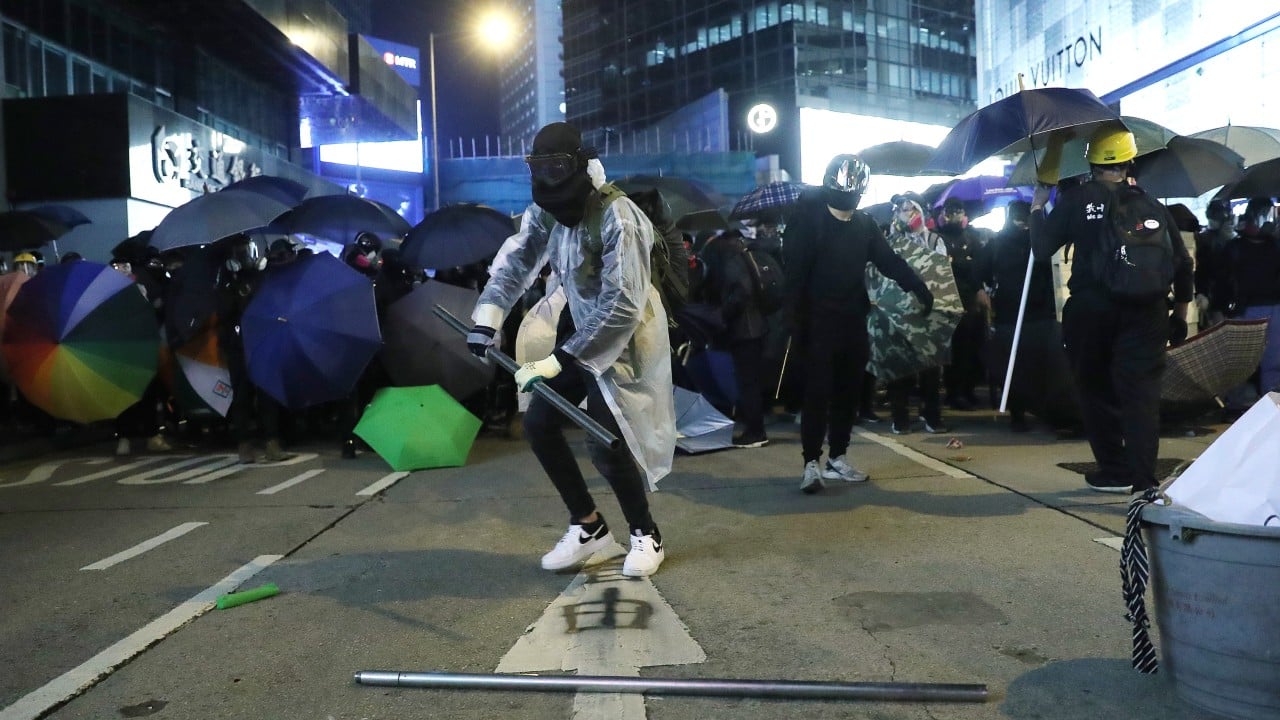The Hong Kong judge presiding over the trial for a 2019 thwarted bomb plot has told jurors to consider the context of the social unrest at the time and that the attack was set to take place during a lawful assembly involving many civilians.
As the High Court trial entered its seventh day of Mrs Justice Judianna Wai-ling Barnes giving legal instructions to the nine jurors, she told the panel it would be “impossible” for them not to consider the impact of the social unrest as they examined evidence from the plot to plant two bombs in Wan Chai on December 8, 2019.
“You cannot put aside [such background] and think this plot was just a group of people who wanted to use guns and bombs to kill police,” she said.
“It was not just planting a bomb on the street. We are talking about a large-scale protest in which many civilians at that time went out on the street.”
Barnes instructed the jury to consider the fact that any bombing during the 2019 unrest would have had a different impact when compared with such actions amid the current political climate.
The court has heard evidence since April for the case against seven defendants suspected of being connected to the thwarted plot.
The seven, who have pleaded not guilty to charges under the United Nations (Anti-Terrorism Measures) Ordinance, are Cheung Chun-fu, Cheung Ming-yu, Yim Man-him, Christian Lee Ka-tin, Lai Chun-pong, Justin Hui Cham-wing and Lau Pui-ying.
The court earlier heard the conspiracy was hatched by Wong Chun-keung, the leader of a group of protesters called the “Dragon Slaying Brigade”, and plot mastermind Ng Chi-hung.
Wong and Eddie Pang Kwan-ho, a former member of Ng’s team, had taken to the stand to testify as prosecution witnesses and give evidence against the defendants.
Wong, Pang and Ng have all pleaded guilty to a joint count of conspiracy to commit the bombing of prescribed objects.
Barnes told the jury on Monday to “carefully” examine evidence from defendants turned prosecution witnesses Wong and Pang before deciding whether their testimonies were credible.
She noted the pair had an “obvious motive” to tailor their evidence since the Department of Justice had granted them immunity, even as they implicated themselves and the defendants in various illegal activities.
“If you choose to believe them after careful consideration, it is OK, but you have to be aware of the precariousness [when accepting such evidence],” the judge said.

Wong earlier testified that he had told brigade members in several meetings between November and December 2019 about partnering with Ng’s group to ambush police using guns and explosives.
But defence lawyers had argued that Wong would have been unable to share certain details since he only learned the planned locations of the bombs on Hennessy Road from Ng just hours before the attack was expected to start.
They also said brigade members should not be held accountable for Wong’s actions, arguing only he had directly entered into an agreement with Ng to conduct the ambush.
As Barnes summed up the evidence, she advised the jury to think about how much proof was required to suggest whether any of the defendants had a certain degree of knowledge about the plot, such as knowing the locations of the bombs or an awareness that plans were already under way.
But she added that the legal principle when defining a conspirator was that the person needed to “agree” to be part of the conspiracy.
If the jury found the brigade members had only discussed the plan, they could not be found guilty, she said.
Barnes will send out the jury for deliberation on Tuesday.


